ICYMI: the week's 8 biggest tech news stories, from the Galaxy Z Fold 6 to OpenAI SearchGPT
Seven days in tech
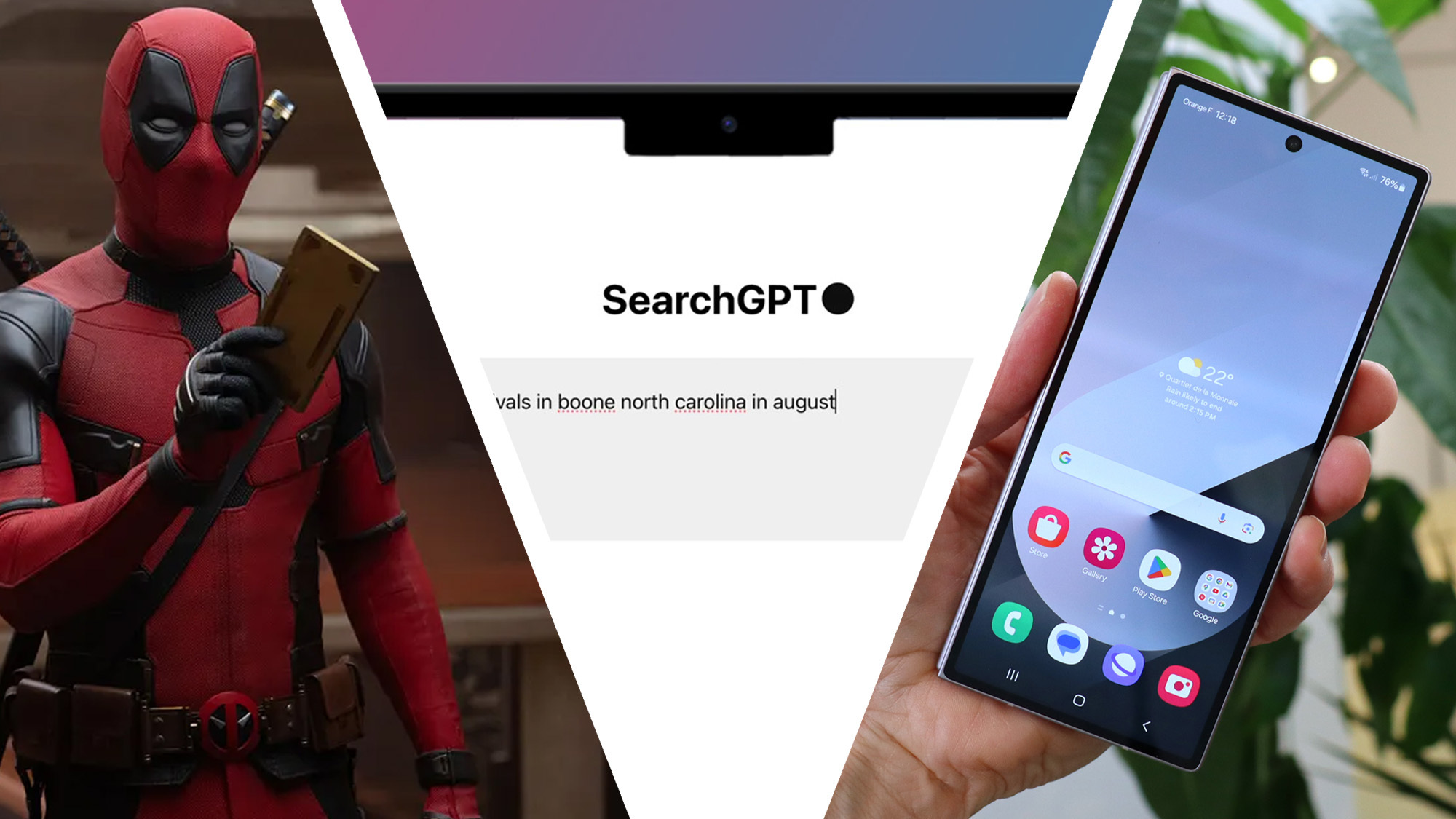
Sign up for breaking news, reviews, opinion, top tech deals, and more.
You are now subscribed
Your newsletter sign-up was successful
Every week in tech is a busy week, so there's no real surprise that the last seven days have been packed with news and leaks: we've seen major stories around ChatGPT, Spotify, Apple, Google, and more besides.
Here at TechRadar, we've also found time to publish two major reviews: for the Samsung Galaxy Z Fold 6 and for Deadpool and Wolverine, the latest movie from Marvel (which may mark a turning point in its fortunes).
We understand that you might not have time to check TechRadar all day every day – we all live busy lives – so here's our in-case-you-missed-it round-up of everything important that happened in tech across the last week.
8. We reviewed the Galaxy Z Fold 6 – and were mighty impressed

The Galaxy Z Fold 6 is Samsung's new flagship foldable for 2024, and while we didn't get a huge upgrade in every area, the overall improvement over the Galaxy Z Fold 5 is noticeable. It's quite simply the best foldable that Samsung has ever put out.
As always, our full Galaxy Z Fold 6 review is as comprehensive as possible: find out how the foldable scores in all the areas that matter, including performance, battery life, and durability (a crucial consideration in a foldable phone).
7. OpenAI told us when ChatGPT’s new Voice Mode will finally launch

A new Voice Mode for ChatGPT was announced in a flurry of hype back in May, but some issues – including a spat with Scarlett Johansson – pushed the launch back. Now OpenAI CEO Sam Altman has said an early testing version will launch sometime next week.
ChatGPT can already talk to users, but the new Voice Mode means "real-time, natural conversations with AI" – so it's going to be almost exactly like talking to a human being, with pauses, interruptions, and all the inconsistencies of everyday conversation. In theory, at least – and it'll likely only come to a small group of Plus subscribers to start with, ahead of a full launch later this year.
Sign up for breaking news, reviews, opinion, top tech deals, and more.
6. Spotify teased a new ‘Deluxe’ tier with better sound quality
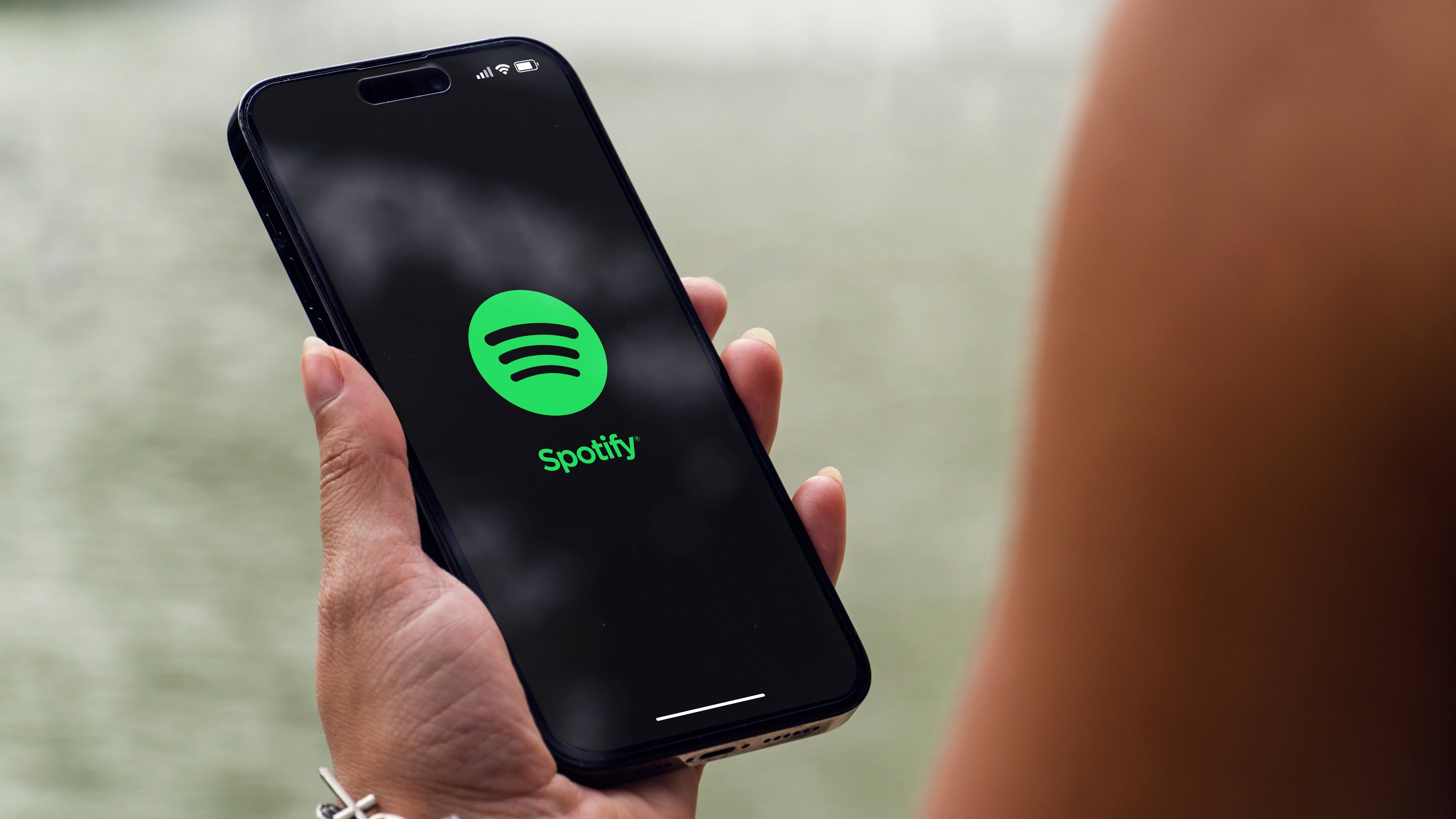
While ChatGPT's new Voice Mode has been delayed, it's got nothing on Spotify's lossless audio tier, which was first teased all the way back in February 2021. More than three years later, it seems that this new extra-premium streaming plan is still in the works.
In the latest Spotify earnings call, CEO Daniel Ek made reference to a "deluxe" version of Spotify that's on the way, with a higher price tag attached, but he stopped short of saying when we might be able to sign up to it – so be prepared to keep waiting for the upgrade.
5. We called Deadpool and Wolverine ‘the best Marvel movie in years’

There's a lot riding on the new Deadpool and Wolverine movie from Marvel, as two of its most bankable characters team up – and based on our full review of the movie, fans of the two franchises (and the MCU in general) will get plenty of enjoyment from this movie.
While it's sometimes "overly chaotic", the movie is a "gloriously gory, riotously funny, cameo-stuffed, and surprisingly endearing flick" – though it may not be enough to fully reverse the fortunes of the MCU. Note that our review comes with mild spoilers inside.
4. A new Google Nest thermostat was spotted in a new leak
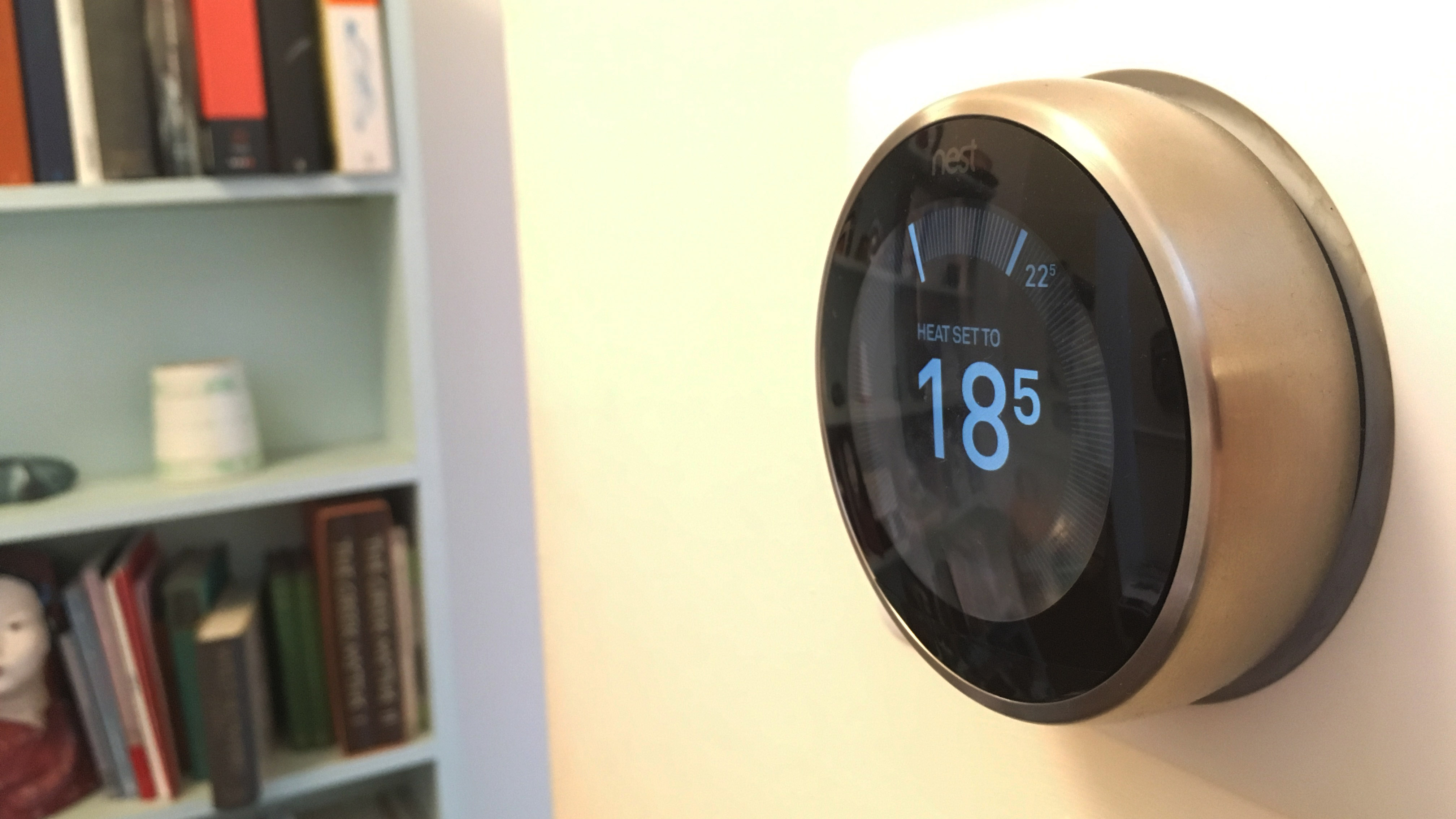
It's been quite some time since we were treated to a new Google Nest thermostat, but another model might be imminent, based on a new leak – and it looks as though the familiar Nest thermostat interface we've grown used to is set for a substantial revamp.
If this leak is accurate, the upcoming Nest thermostat will have a rounded rather than a flat glass face, and may adopt touchscreen controls for the first time in the series. It also looks as though an overdue update to the Nest temperature sensor is in the offing as well.
3. CrowdStrike told us what caused the great computer crash of 2024
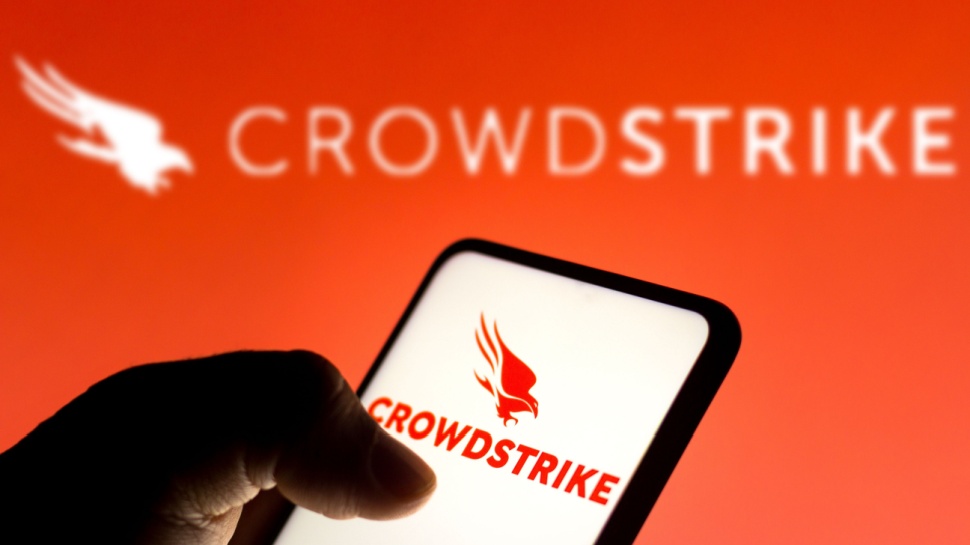
The Windows IT outage caused by a faulty CrowdStrike software update was one of the biggest in history – and while most systems are now back up and running as normal, lessons are going to have to be learned to prevent any similar catastrophes in the future.
CrowdStrike issued its first review of the incident this week, telling us more or less what we already knew: that a content configuration update, ironically designed to keep computers better protected, then led to a mass Windows ecosystem crash.
2. Apple Maps landed on the web to tempt us from Google Maps
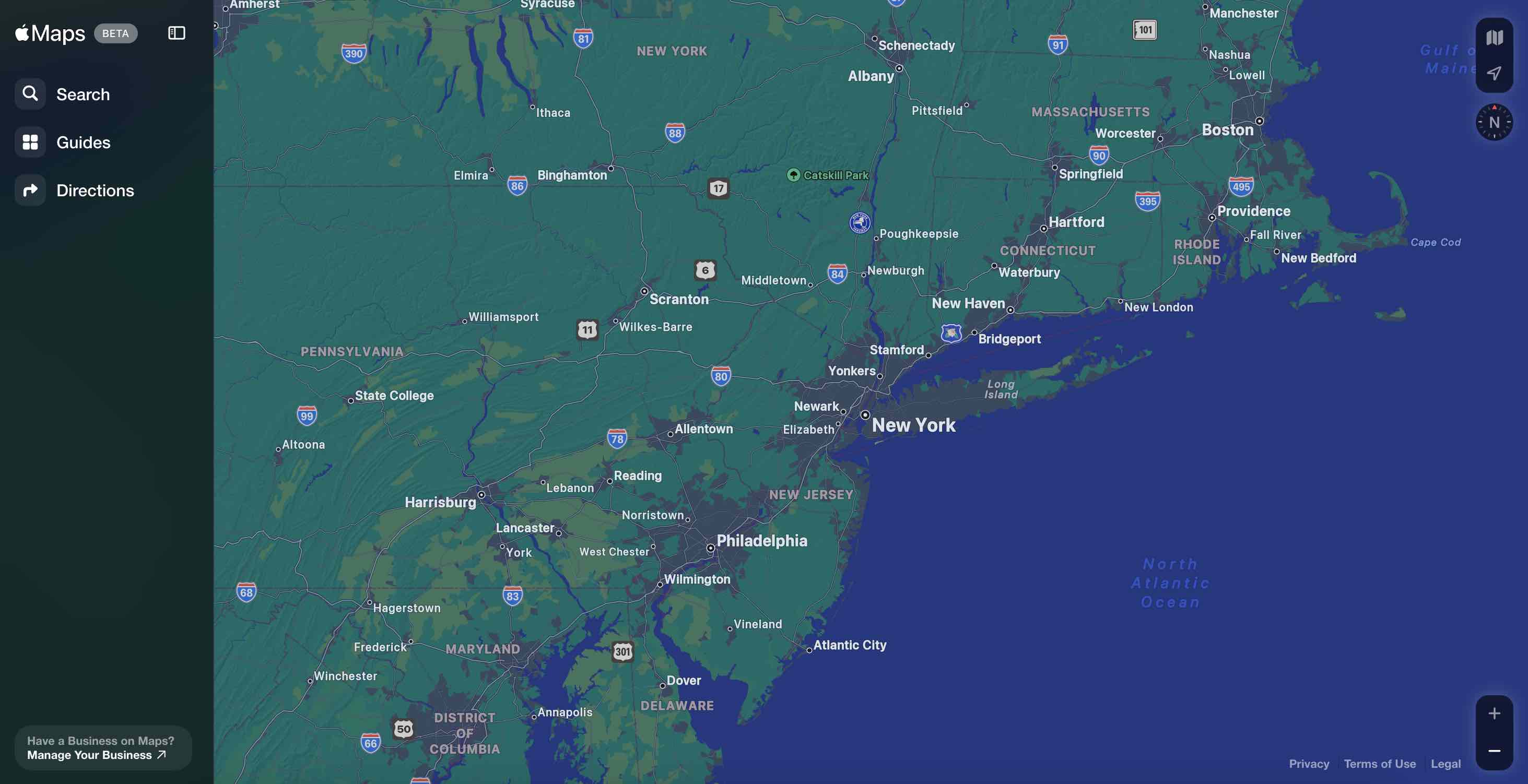
Apple Maps has finally arrived on the web, albeit in beta form, giving Google Maps even more to worry about. The update benefits Windows users in particular, as they can now easily get at most Apple Maps functionality inside any standard browser window.
You're now able to get walking or driving directions on Apple Maps on the web, as well as swap between three map styles (standard, satellite, or hybrid), look up details about businesses, and explore curated guides to specific spots from the Apple Maps team. A lot of features are missing, including Look Around, but it's a solid first step.
1. OpenAI took on Google with a new AI-powered search engine
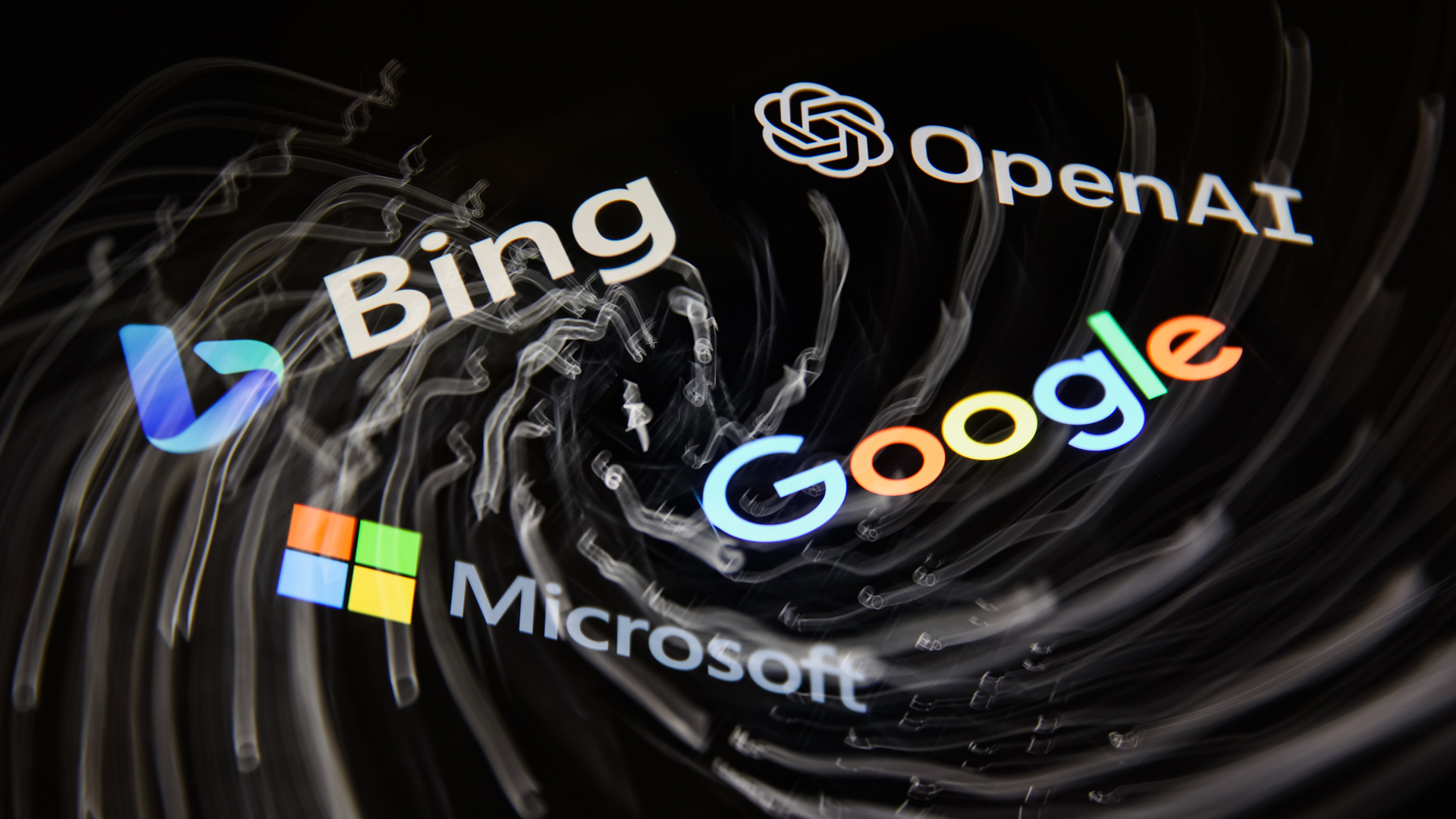
We could be set for a pretty major shake-up in terms of how we find information on the web. Bing started giving its AI results more priority on search pages this week, and we also got our first look at the new search engine from ChatGPT developer OpenAI: SearchGPT.
Right now you need to get on a waiting list to use SearchGPT, and it's been described by OpenAI as a "temporary prototype". Even so, if the service takes off, it could disrupt more than two decades' worth of tradition in terms of how we go about searching the web.

Dave is a freelance tech journalist who has been writing about gadgets, apps and the web for more than two decades. Based out of Stockport, England, on TechRadar you'll find him covering news, features and reviews, particularly for phones, tablets and wearables. Working to ensure our breaking news coverage is the best in the business over weekends, David also has bylines at Gizmodo, T3, PopSci and a few other places besides, as well as being many years editing the likes of PC Explorer and The Hardware Handbook.